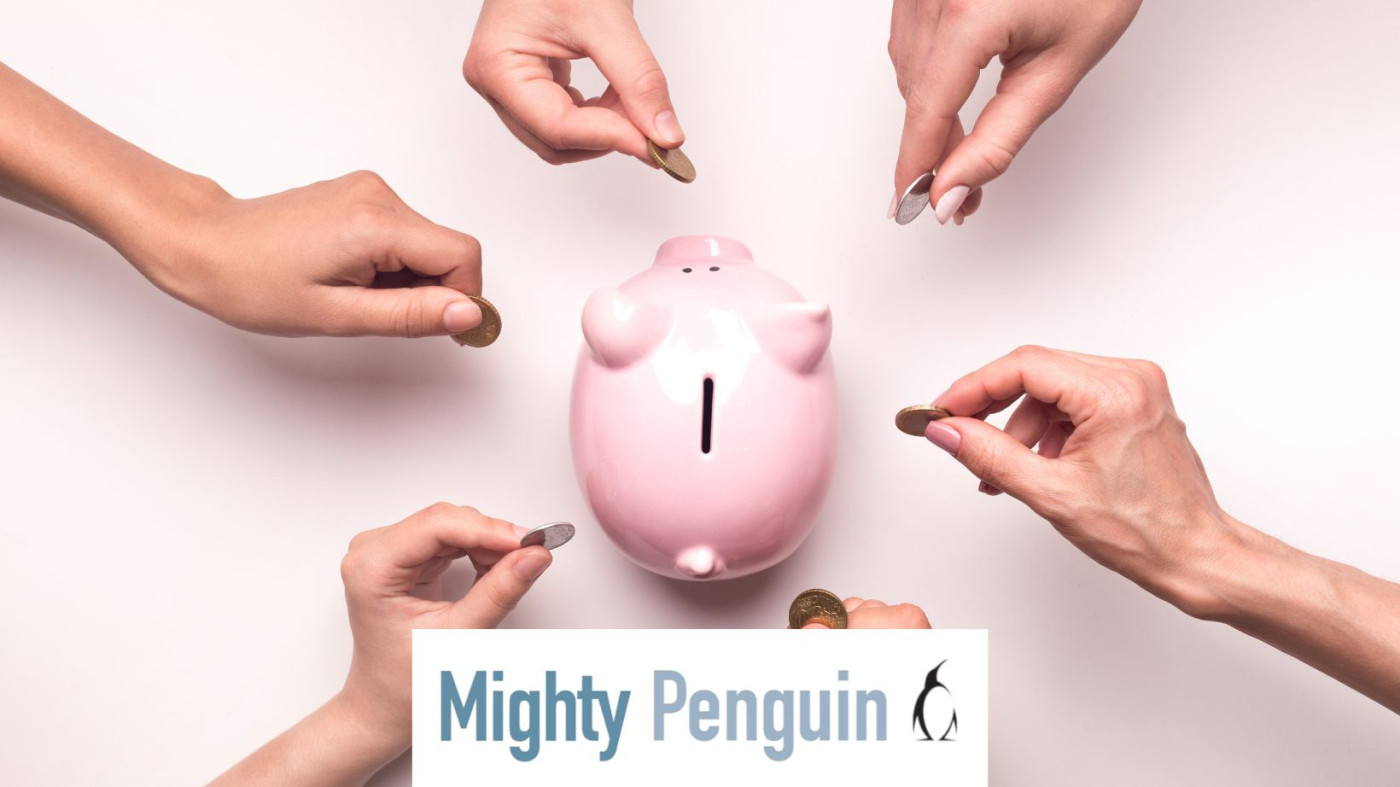Crowdfunding has emerged as a powerful tool for nonprofits to fund their missions by engaging their communities. Whether you're looking to raise funds for a specific project, validate a new idea, or build a recurring donation stream, crowdfunding can be an effective way to mobilize support. In this guide, we’ll explore the key elements of crowdfunding, different types of crowdfunding campaigns, and how your nonprofit can leverage this approach to achieve their goals.
What is Crowdfunding?
Crowdfunding is a type of fundraiser that seeks to raise money from the organization’s “crowd”. For nonprofits, this may mean engaging your dedicated community—whether that’s friends, family, past or current supporters, or the broader public—to support your cause. It's about creating a shared sense of purpose and inviting people to be part of something bigger.
How Crowdfunding Works and What Makes You a Good Candidate
Before launching a crowdfunding campaign, it’s essential to evaluate your network and assess your readiness. Here’s how you can determine if crowdfunding is right for your nonprofit:
- Assess Your Network: Who is in your network? This may include friends, family, clients, customers, colleagues, social media followers, etc. Can your team extend this network through network mapping?
- Community Engagement: How are you currently engaging with your community? Have you built trust with them? A successful crowdfunding campaign usually requires a robust email list, SMS contacts, and active social media channels.
- Willingness to Ask for Support: Are you comfortable asking your community for funds? Successful crowdfunding relies on the ability to make direct asks and mobilize your supporters.
If you believe you have a supportive crowd, the next step is to plan your campaign. This involves:
- Setting a Funding Goal: How much do you want to raise, and what will the funds be used for? Clearly define your outcome and what supporters can expect from their contributions.
- Offering Rewards: What benefits or recognition will you offer your supporters? Consider partnering with local businesses or leveraging community donations to provide meaningful rewards. Rewards may also be special types of recognition donors receive throughout the year.
- Choosing a Platform: Which crowdfunding platform will you use, and why? Your choice should align with your campaign’s goals and your audience.
- Campaign Timeline: Planning typically takes 3-6 months, and campaigns usually last 4-6 weeks. Prior to launch, you’ll want to create a roadmap with project tasks and deadlines.
- Creating a Marketing Strategy: Develop a day-to-day marketing plan that includes video content, social media engagement, email and SMS campaigns, media outreach, word-of-mouth networking, partnerships with influencers, and hosting fun events. Events may include a private launch party, a public launch party, and smaller activities to keep the excitement going throughout the campaign.
Pro tip: On average, organizations will raise 180% more by utilizing a day-to-day marketing plan that was created before launch.
- Private vs. Public Campaign Windows: Successful crowdfunders often raise 30-70% of their funds during a private campaign window before going public. This involves engaging board members, staff, and volunteers through personal networks. The goal is to build momentum and show potential public donors that there’s already strong support for your cause.
Pro tip: Strangers or a “cold” audience won’t support before 30-70% of the goal is met!
When approaching potential supporters before and during the private window, focus on building deeper relationships rather than just making a financial ask. Engage them in meaningful conversations, ask for their insights on the campaign, and align your mission with their personal values. As the public launch nears, consider asking questions like, “If you were to donate when we launch our campaign, what would that look like? Could we count on your support?”
Different Types of Crowdfunding Campaigns
Depending on your goals and audience, you may choose from several types of campaigns:
- Crowdstarter: This type of campaign relies on a personal network and is typically smaller in scale, raising less than $10,000. It’s highly personal and driven by close connections, like mom and Uncle Joe.
- Crowd Validator: This campaign is about testing an idea and seeing how many people will support it, often to validate a new product or business. The focus is on the number of supporters rather than the amount raised.
- CrowdScaler: Designed to acquire new customers and build a larger network, this campaign involves a heavy marketing budget and a strong strategy to generate excitement around a new product, or business.
- CrowdFinisher: This type of campaign is for organizations that have already built a strong community over the years. The audience is highly engaged. You've given three times over and they are ready to give back to you too.
- CrowdPatron: Also Ideal for nonprofits, this campaign seeks recurring memberships or donations. Members might receive exclusive access, recognition, or other benefits. It may involve ongoing fundraising efforts, with several smaller pushes throughout the year and one major push at year-end.
Why Your Nonprofit Should Consider Crowdfunding
For many nonprofits, the CrowdPatron model can be particularly interesting. It focuses on engaging staff, board members, and volunteers to tap into their personal and social networks for recurring donations. Creating tiers of benefits and recognition is crucial to this approach, as it motivates supporters to give regularly.
A big annual campaign combined with smaller quarterly pushes can help maintain interest and support throughout the year. This strategy not only drives donations but also strengthens your relationships with supporters, ensuring that your nonprofit continues to thrive.
Crowdfunding offers nonprofits a unique opportunity to engage their communities in meaningful ways. By carefully planning your campaign, choosing the right type of crowdfunding, and focusing on relationship-building, you can create a successful campaign that not only raises funds but also deepens your connection with your supporters.
Crowdfund Better© Certified
Team member Jill Colby is the first nonprofit Crowdfund Better® Certified Advisor in the U.S.! Jill has been working as a Client Manager and Grant Writer at Mighty Penguin for the past year and a half. She excels at helping nonprofit organizations and small businesses develop strategies and systems to accomplish their missions and goals. If you know of a nonprofit or social enterprise looking for crowdfunding guidance, share this post with them or reach out today!


